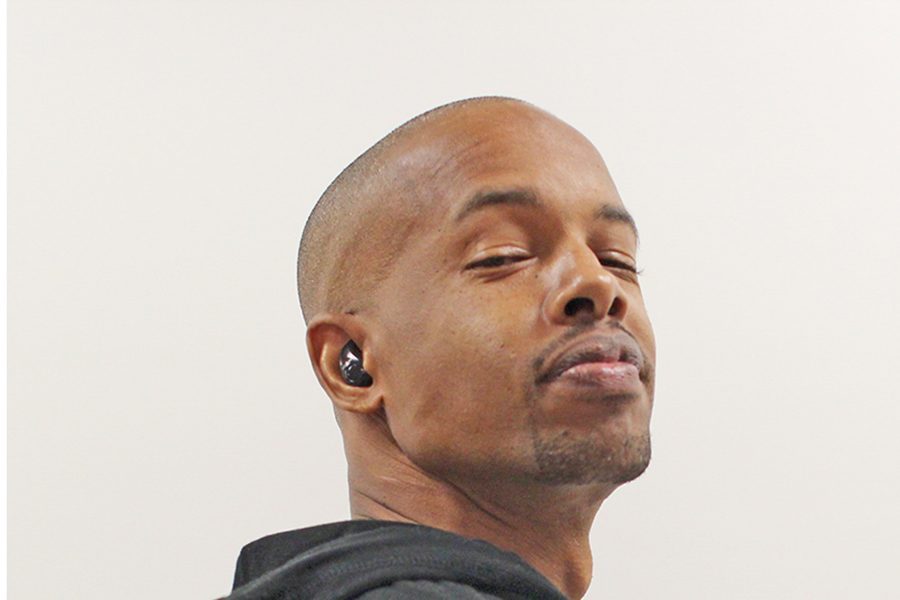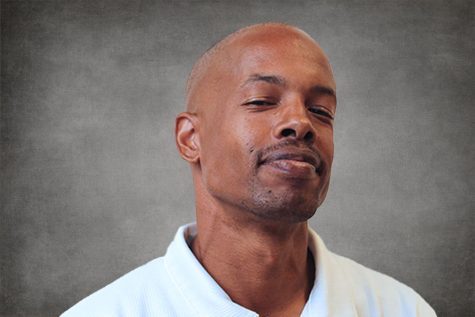Misuse of term ‘woke’ pushes need to unite
Apr 10, 2017
In these turbulent times that we live in, many believe the end result of becoming an agent against systematic oppression requires little more than wearing the label of ally and topping it off with the proclamation of being “woke.”
Make no mistake, like many things deemed cool in America, “woke” is not an invention of the liberal left, it’s a black thing.
But this time, it’s something you can understand.
Being “woke” isn’t only for black people, despite the term being coined by neo-soulstress Erykah Badu in her song “Master Teacher” in 2008.
It was then introduced into mainstream households by activist actor Jessie Williams of ABC’s “Grey’s Anatomy.”
The term has metastasized in music from rappers with messages of education and activism who were labeled “conscious,” like Public Enemy or Killer Mike.
Being considered “white and ‘woke’” is more than just occasional privilege checking or standing against blatant unconstitutional injustices.
Being “woke” is a course of action.
It is not just a label you can readily give yourself. It has to be earned.
The problem for white people is that there is no clear way to turn down advantages that were never asked for and that people can’t readily reject. However, the first step begins with acknowledgment.
In that same vein, being an ally isn’t your current status, it has to be an action that you are consistently engaged in, but hopefully with, some member of a marginalized community.
The fight for equality is a constant struggle and true allyship can be nearly impossible if, when the odds seem insurmountable, a comfortable cove of privilege awaits those who choose to take a timeout.
And remember, past performance does not equate to a pass for current shortcomings.
Just because a person retweeted a couple of posts against police brutality or marched in opposition of current immigration policies, does not mean that they are granted eternal allyship.
Many can’t fathom what a privilege it is to be able to opt out of the daily minutiae of societal bigotry if it’s an inconvenience or if it’s just not what you’re into that day.
Some feel the very idea of allyship is detrimental to the advancement of marginalized people.
By accepting the notion of allyship, the fate of racial equality is taken out of the hands of the people who stand to benefit the most from balancing the system.
Some believe this may not be a worst case scenario because, as history shows, there is greater strength in numbers.
In the negative, allyship also ensures that this unjust system, for the time being, must remain intact because without it, what measure would be used to determine the higher social standing that affords a person the title of “ally” to begin with.
Weaponized information and fake news requires potential allies to educate themselves about the history of the oppression they claim to oppose.
It’s also important to recognize the ways those systems translate into modern problems.
The people whose allies claim to fight beside them are not their personal Google and are not obligated to re-tell history lessons people may have slept through because, at the time, they didn’t seem important.
Becoming and remaining “woke” is worn by many like a badge of honor, but if the current definition is to be against the historic system of racism and white supremacy, how did President Trump get elected.
Rob Clinton is the opinion editor of The Advocate. Contact him at @Rclinton3 on Twitter



